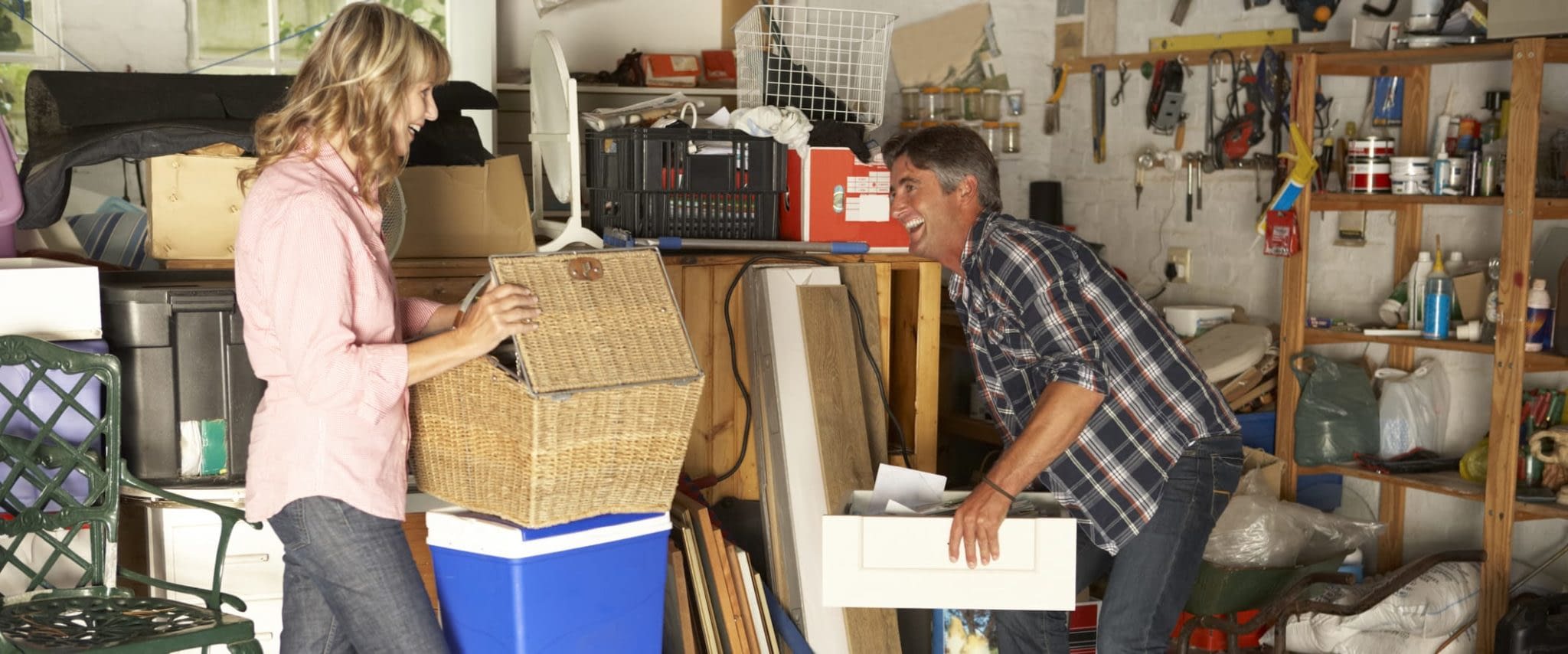- Insurance
- Auto, Home & Personal Insurance
- Business Insurance
- Business Interruption Insurance
- Business Owners Package Insurance
- Commercial Auto Insurance
- Commercial Property Insurance
- Commercial Umbrella Insurance
- General Liability Insurance
- Hotel & Motel Hospitality Insurance
- Professional Liability (E&O) Insurance
- Surety Bonds
- Workers’ Compensation Insurance
- - View All Business
- Life & Health Insurance
- Group Benefits
- I Am...
- About
- Policy Service
- Contact
Article originally posted on www.insuranceneighbor.com(opens in new tab)

A garage helps protect your vehicles from exposure to the elements. It can also be a convenient location for storing items you don’t want to keep in the house. Keeping some items in the garage can create a health and safety risk for you and your family. Never store these six things in your garage:
Propane Tanks
If you barbecue outdoors, you may keep propane on hand to fuel the grill. Leave propane tanks outside – not stored in the garage. Propane tanks can leak gas, which can lead to deadly explosions. They are best kept away from the house and garage in an enclosed, secure location without sparks, for example, a garden shed.
Paper Products
Your garage is not a good place to store important papers, such as passports and birth certificates.
They can be damaged by excess moisture in the air. In fact, it is not a good place to store any paper products, including recycling. Insects and vermin can find their way into a garage and storage containers. Paper products and other edible items can attract them.
Pet Food
If you store pet food in your garage, it’s like inviting pests into your home for a delicious meal. Pet food is highly nutritious and attractive to both rodents and insects. Pests can detect food even in a storage container. Rodents can chew through paper or cardboard, and ants can get into virtually anything.
Oily Rags
Oily rags are often used in woodworking and other projects. You should never store rags soaked with oil in the garage. They can generate internal heat as they begin to dry. Oxygen can be trapped underneath a pile of oily rags. With the combination of heat and oxygen, spontaneous combustion can occur and start a fire in your home. Store oily rags in an airtight, metal, non-combustible container. It should be filled with water and a detergent that breaks down oil.
Wine or Canned Foods
Exposure to heat and temperature fluctuations can alter the composition and color of wine, making it unpalatable. Wine should be stored in a dark, dry place at a consistent temperature and humidity. Canned vegetables are likely to freeze in the wintertime and have a shorter shelf life if stored in the garage.
Refrigerators
Some people like to have an additional refrigerator for extra cold storage space. If you have a spare fridge, the garage is not the best place to keep it. When the temperature rises in the garage on warmer days, your refrigerator will have to work harder to keep the contents cold. Plugging in a refrigerator in the garage could significantly increase your energy bills.
Make Sure You Have the Right Homeowners Insurance Coverage
Your home is a significant investment. Knowing you are fully covered in case something goes wrong can give you peace of mind. Our experienced agent can advise you on the homeowners’ insurance coverage you need and help you find the best rates.
Filed Under: Personal Insurance | Tagged With: Homeowners Insurance